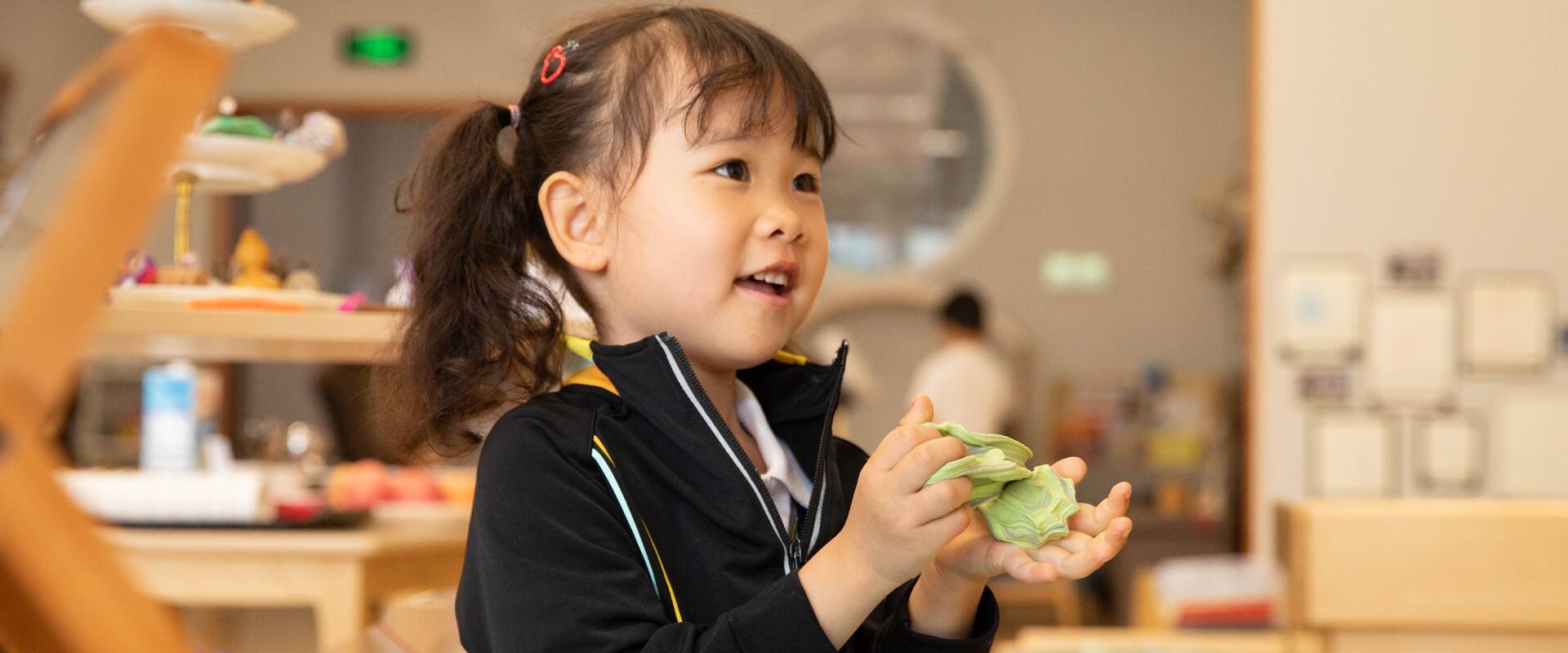
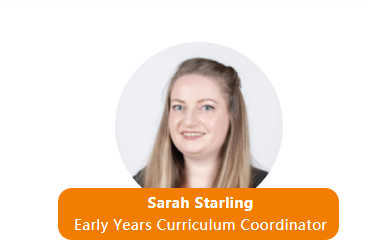
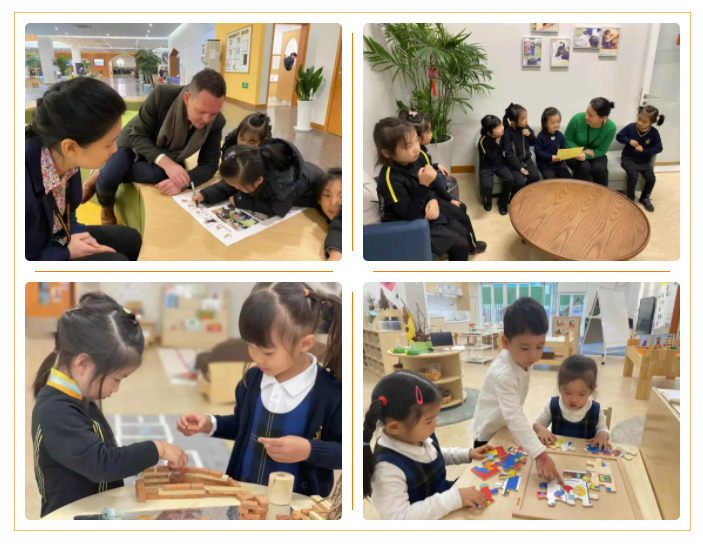
We ask each other questions all day long, ‘How are you?’, ‘What did you have for lunch?’, ‘Did you have a nice weekend?’, but have you ever stopped to think about the kind of questions you ask? By broadening the type of questions we ask, we can profoundly affect the thinking that goes into answering them. All parents have probably had the experience of asking their child, ‘What did you do at school today?’ and they will reply, ‘Nothing,’ or ‘I cannot remember,’ even if you know they have had a marvellous day full of interesting experiences. If you try asking instead, ‘What was your favourite part of today and why?’ or ‘Where did you meet some challenge today? How did you work through it?’ you invite your child to think more deeply about their day and describe what happened. You could also ask, ‘What did you play with outside? What made you choose that?’ or ‘Did you do anything today which made your heartbeat faster? What was it?’ and they might respond with details about a physical challenge, or with something they found exciting. As teachers, we use a variety of types of questions too.
When a child is at the beginning stages of learning a second language, we might use closed questions, or questions where we give two options. These allow children to feel immediate success of communicating accurately in a new language. A teacher might ask, ‘Would you like the big triangle or the small triangle?’ when a child gestures that they want a shape. Once children become more confident and have acquired a wider vocabulary, we might ask, ‘Which colour pen would you like?’ when the child says, ‘pen’ and points to the pen pot. When children are exploring deep level thinking, we ask them lots of ‘why’ questions which encourages them to explain the reasoning behind their ideas. Something that is very powerful to use as a follow-up is to ask, ‘Anything else?’ or ‘Can you tell me more?’. These questions encourage children to think carefully about whether they have fully explored every avenue. Finally, we encourage children to ask their own questions, both of adults and of themselves; when children explore all the things they want to find out, they use their critical thinking skills as well as learning to hypothesise and explore. We encourage children to think about, ‘I wonder what will happen if…’ and use that as a starting point for their exploration.
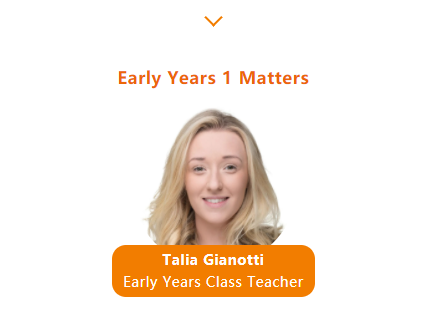
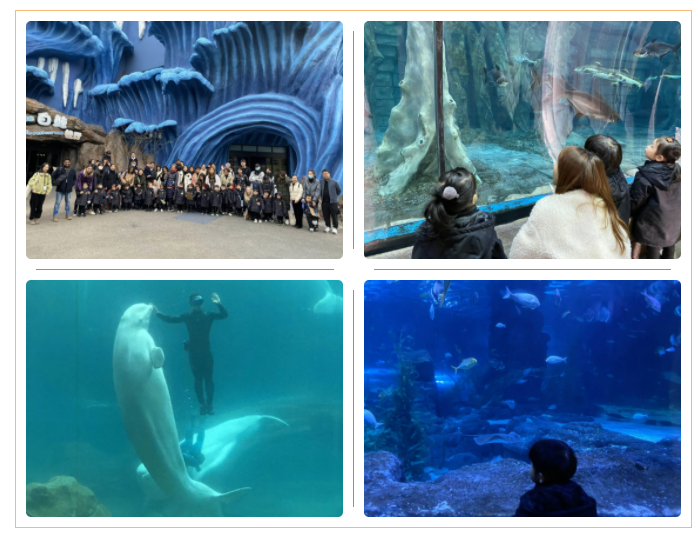
The EY1 Unit project this term has been focused on oceans and the children have been fascinated learning about many of the different sea creatures, particularly sharks and whales. As part of our project, we visited Chang Qiao Polar Ocean Park allowing the children to make links between the creatures they have been learning about in the classroom and their first hand experiences. In preparation for our field trip the children had many questions they wanted answering such as "can beluga whales do tricks?" and "are whales bigger than sharks?" We used these questions and the park map to support the children in planning out their own route of what they wanted to discover. During our field trip the children were able to observe and reflect on their own learning. It was an unforgettable experience for the children that allowed them to understand their next steps and opportunities for exploration.
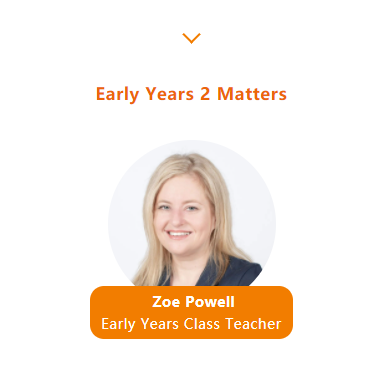
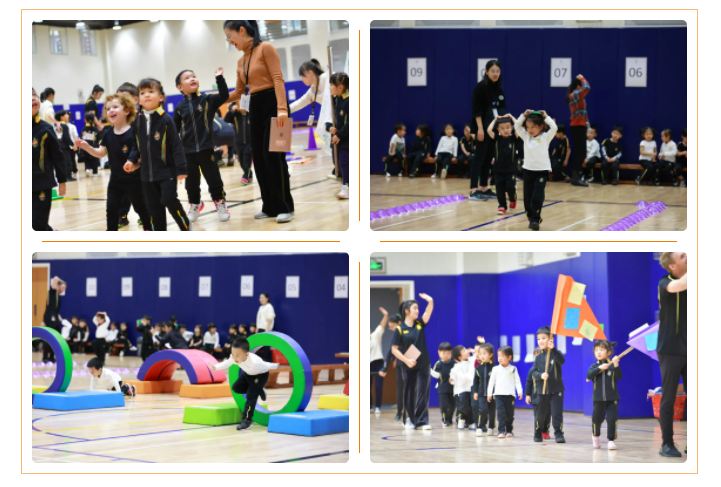
Our annual sports event is a wonderful time for EY2 to join and take part in the physical activities. It was wonderful to see so many smiling faces, high levels of confidence and involvement. In Early Years, we view children as strong and capable learners, and encourage them to build confidence by having a go and this often means stepping out of their comfort zone. Prior to the event, the children asked many questions such as 'where will the sports take place?' 'where will my mum and dad be?' 'who will help me if I find the activity hard?'. By answering these questions and visiting the location, the children were able to gain a better understanding of the event and, as a result, feel more prepared. EY2 you were fantastic!
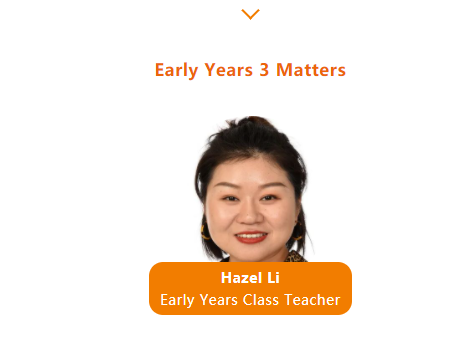
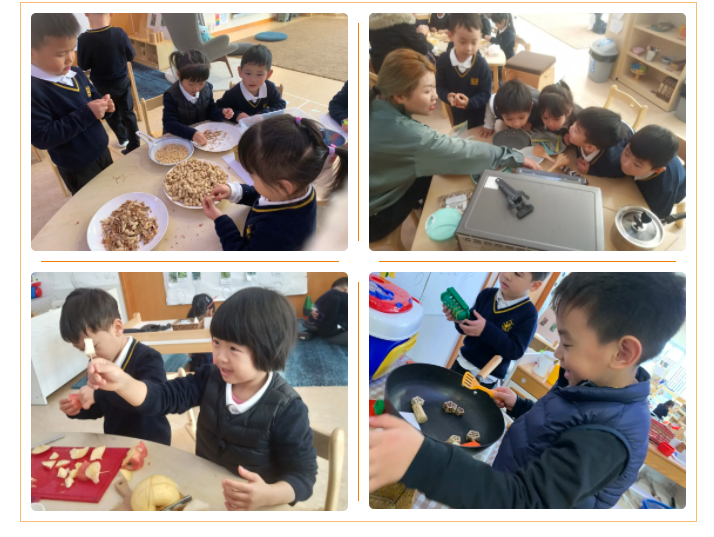
During our project research on plants, our children’s interest progressed towards vegetables. This created the perfect opportunity for our children to visit a real vegetable patch. Children were able to explore the many different aspects of vegetable farming and select their favourite vegetable to bring home and enjoy for dinner – sharing in their experience as family. This then led to a bigger interest in the domestic play area – leading to the whole classroom being redesigned as a kitchen. We firstly discussed different kinds of kitchen utensils and the layout of the kitchen in the classroom. Children brought in spare kitchen utensils, explaining how they use these every day. They love to play with real kitchen utensils allowing the class to steam grains, prepare fruit salad, fruit chocolate and other dishes – encouraging first hand experiences of healthy food habits.
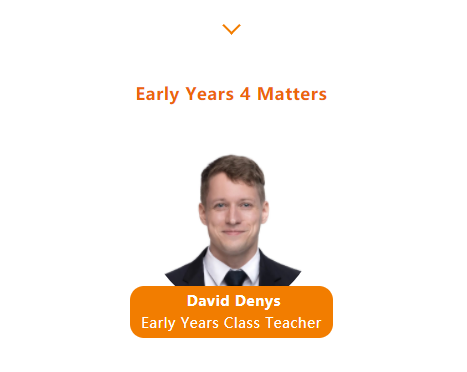
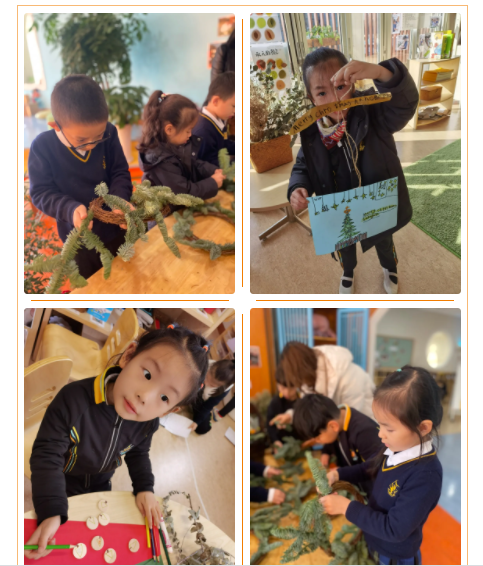
It is always important to create opportunities for the children to do work that is meaningful to them. One way to do that is to learn about the new events that keep developing around us. Winter holiday is approaching so the pupils’ creativity has been put to the test. The children have created some new objects to enhance our school environment including trees, ornaments, wreaths, and small world items. We all hope everyone enjoys this special time of year.